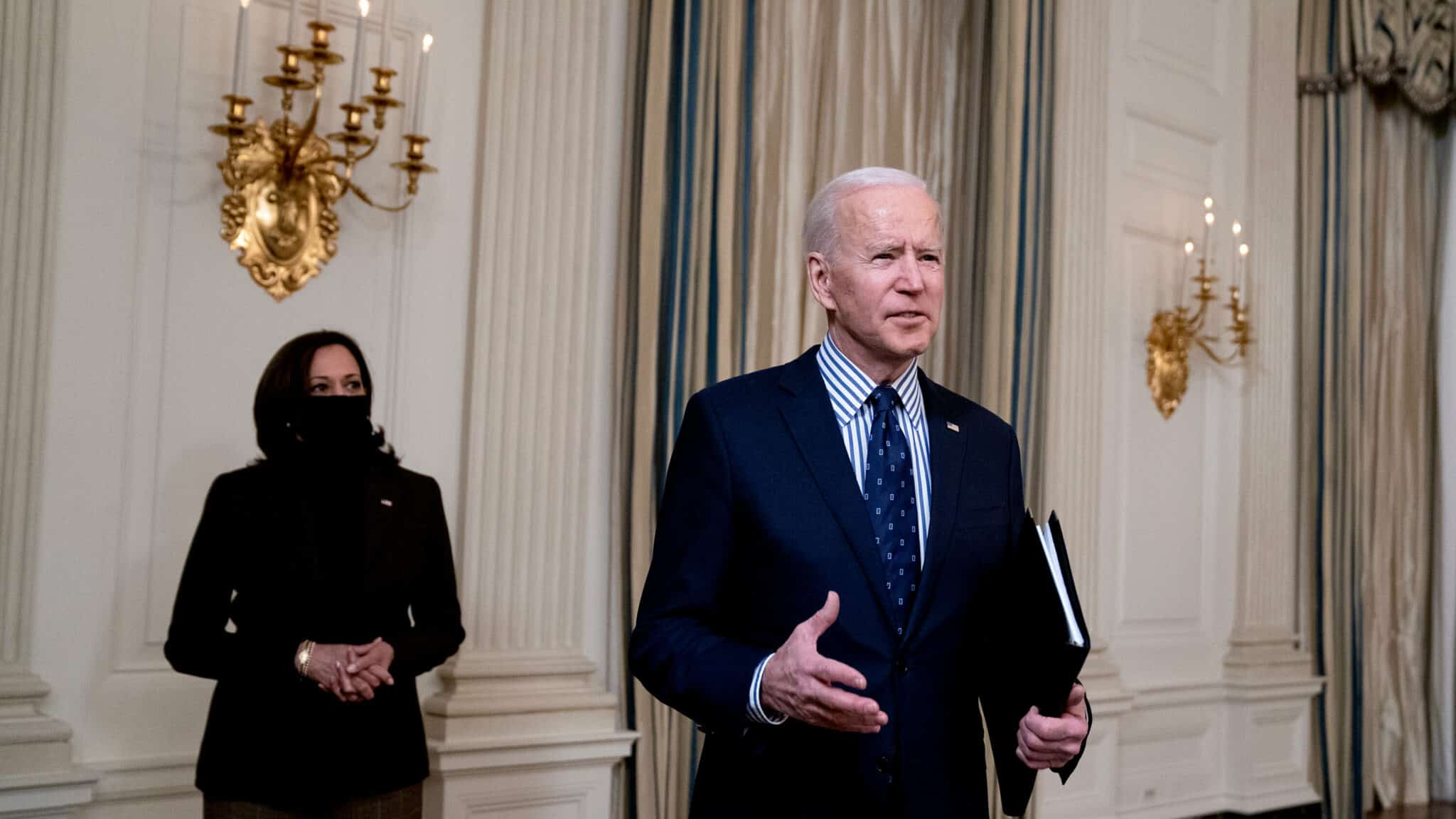Anita Alem is a student at Harvard Law School.
In today’s news and commentary, Biden’s labor aide resigns and is replaced with a former union official, states continue to pass restrictions against nondisclosure agreements, and Mitch McConnell says that Americans are not participating in the labor market because they feel “flush for the moment.”
Seth Harris, a deputy assistant to President Biden on labor, recently resigned from his position at the White House for a teaching post at Northeastern University. Celeste Drake, who was previously a senior trade official at the AFL-CIO and the “Made in the America” director for the White House Office of Management and Budget, will be replacing Harris.
The #MeToo movement shone a light on how nondisclosure agreements (NDAs) imposed following sexual harassment settlements silenced workers. Bloomberg reports that fifteen states have responded within the past several years by passing laws restricting employers from imposing NDAs following claims of workplace sexual harassment. For example, California’s law outright bans NDAs in sexual harassment and assault claims, whereas Maine’s law, which goes into effect in August, permits NDAs in any discrimination claims only if the employer can demonstrate express monetary consideration in exchange for the agreement. Washington’s law, which went into effect in June, has gone even further to forbid NDAs altogether in all workplace discrimination and wage and hour claims.
On Tuesday, Senate Minority Leader Mitch McConnell shared that he believes the labor shortage is a result of potential workers “sitting on the sidelines because, frankly, they’re flush for the moment” as a result of stimulus checks that went out more than one year ago as part of pandemic relief. Instead, McConnell said, “What we’ve got to hope is once they run out of money, they’ll start concluding it’s better to work than not to work.” However, the Washington Post reports that unemployment rates are at historic lows while the gas and consumer goods prices are at historic highs, placing immense pressure on workers.






Daily News & Commentary
Start your day with our roundup of the latest labor developments. See all
June 30
Antidiscrimination scholars question McDonnell Douglas, George Washington University Hospital bargained in bad faith, and NY regulators defend LPA dispensary law.
June 29
In today’s news and commentary, Trump v. CASA restricts nationwide injunctions, a preliminary injunction continues to stop DOL from shutting down Job Corps, and the minimum wage is set to rise in multiple cities and states. On Friday, the Supreme Court held in Trump v. CASA that universal injunctions “likely exceed the equitable authority that […]
June 27
Labor's role in Zohran Mamdani's victory; DHS funding amendment aims to expand guest worker programs; COSELL submission deadline rapidly approaching
June 26
A district judge issues a preliminary injunction blocking agencies from implementing Trump’s executive order eliminating collective bargaining for federal workers; workers organize for the reinstatement of two doctors who were put on administrative leave after union activity; and Lamont vetoes unemployment benefits for striking workers.
June 25
Some circuits show less deference to NLRB; 3d Cir. affirms return to broader concerted activity definition; changes to federal workforce excluded from One Big Beautiful Bill.
June 24
In today’s news and commentary, the DOL proposes new wage and hour rules, Ford warns of EV battery manufacturing trouble, and California reaches an agreement to delay an in-person work mandate for state employees. The Trump Administration’s Department of Labor has advanced a series of proposals to update federal wage and hour rules. First, the […]